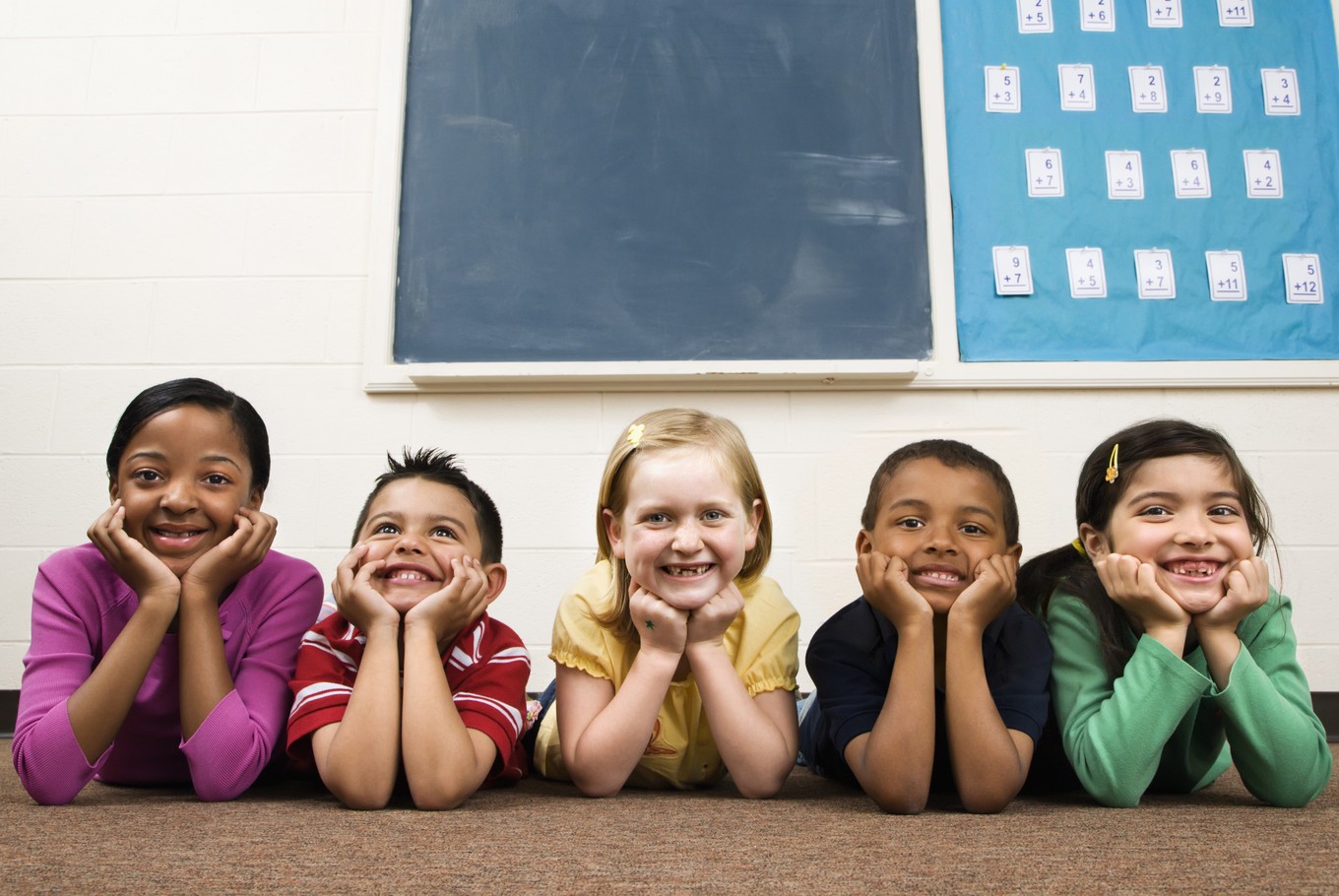 Students in this sort of dynamic academic environment often say that they’ve become more open-minded, no doubt because of the exchanges they engaged in while at school. (Shutterstock/*)
Students in this sort of dynamic academic environment often say that they’ve become more open-minded, no doubt because of the exchanges they engaged in while at school. (Shutterstock/*)
When you open a favorite app or the pages of a newspaper, you step into a wider world of people and cultures.
Open the doors to a conference room at a major company or a school portal and you'll see the same: an exchange among people with varied perspectives. These ideas, and their exchange, are shaped by cultures.
The 21st century is globalized. We live in a world that is fast-paced, constantly changing and amazingly connected.
Navigating this interconnected world comes from learning how to exchange ideas with others, making real friendships around the world and studying in an international, multicultural environment.
As you think about your career, you can gain the best experience with teachers and peers who reflect this very interconnectedness. Studying abroad, for example, gives you the chance to immerse yourself in a foreign culture and language while you actively engage in a 21st century education.
(Read also: Becoming a polyglot is actually not so hard to do)
Take education one step further by studying at an international school with multicultural classrooms and qualified instructors who know how to leverage the diversity of students to help everyone learn, grow and succeed. International schools, particularly those abroad, bring definitive preparation for the workplace.
The education you receive, your culture, your home country, your language and the beliefs you have grown up with all shape your perspective. While it might not be apparent when you study mathematics, the diversity in a classroom can have a huge impact on how you understand the material, how you interpret history and how you view economics.
Listening to your classmates as they share their ideas and opinions – and discussing your own – opens your worldview. You may interpret texts differently in literature class, learn about events from students who experienced them in the very countries where they took place, and even see how languages affect thinking.
Students in this sort of dynamic academic environment often say that they’ve become more open-minded, no doubt because of the exchanges they engaged in while at school.
But beyond the Harkness discussions and Socratic seminars that take place in the classrooms, students who actively participate in their international environments – either by going on cultural excursions to explore new surroundings or playing a sport with peers – improve their collaboration and communication, valuable skills for university and the workplace. The earlier you begin developing these skills, the more time you have to practice them in your academic journey, before beginning your career.
(Read also: Mandarin education in Jakarta: Wasted potential?)
Once you begin your career, you’ll find that technology connects you instantly with family and friends, and with your new coworkers anywhere in the world. You may be based in Jakarta, but the headquarters of your employer is in New York, requiring timely communication across different time zones.
Colleagues live in vastly different cultures, with different routines, customs and priorities. This is common. When the time comes for you to take on a role where transatlantic or cross-cultural communication is necessary to do your job, you’ll be thankful that you had the chance to hone your cultural skills, and you’ll definitely be happy that you have a great toolkit for working with others toward a common purpose.
Above all, your international experiences teach the essence of your relations with others throughout the world: genuine respect. Living, learning, growing and working with people from around the globe will challenge you to think differently, be different, open doors and become a truly educated person, and leader, in the 21st century.
***
Dr. Sandra Comas earned her Ph.D., Master's and Bachelor's degrees from Yale University, Master's degrees from Stanford University, a global executive MBA from IE Business School and business teaching credentials from Harvard Business School. She has taught at Stanford, Yale, the City University of New York and IE. Comas is the deputy head of school for academics at EF Academy New York (www.ef.com/academy/newyork).
---------------
Interested to write for thejakartapost.com? We are looking for information and opinions from experts in a variety of fields or others with appropriate writing skills. The content must be original on the following topics: lifestyle ( beauty, fashion, food ), entertainment, science & technology, health, parenting, social media, and sports. Send your piece to community@jakpost.com.
Disclaimer: The opinions expressed in this article are those of the author and do not reflect the official stance of The Jakarta Post.